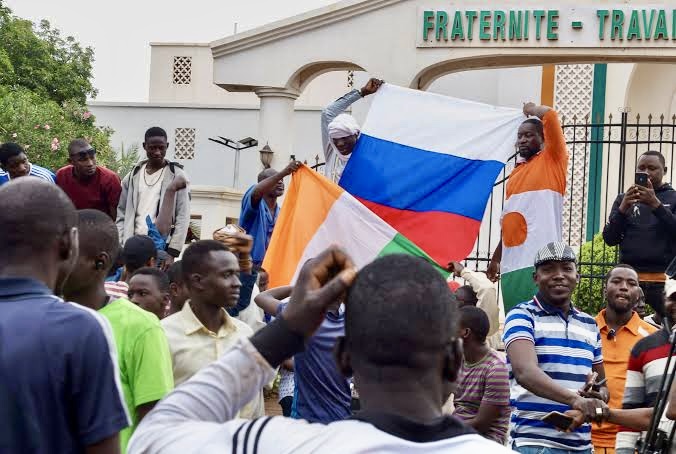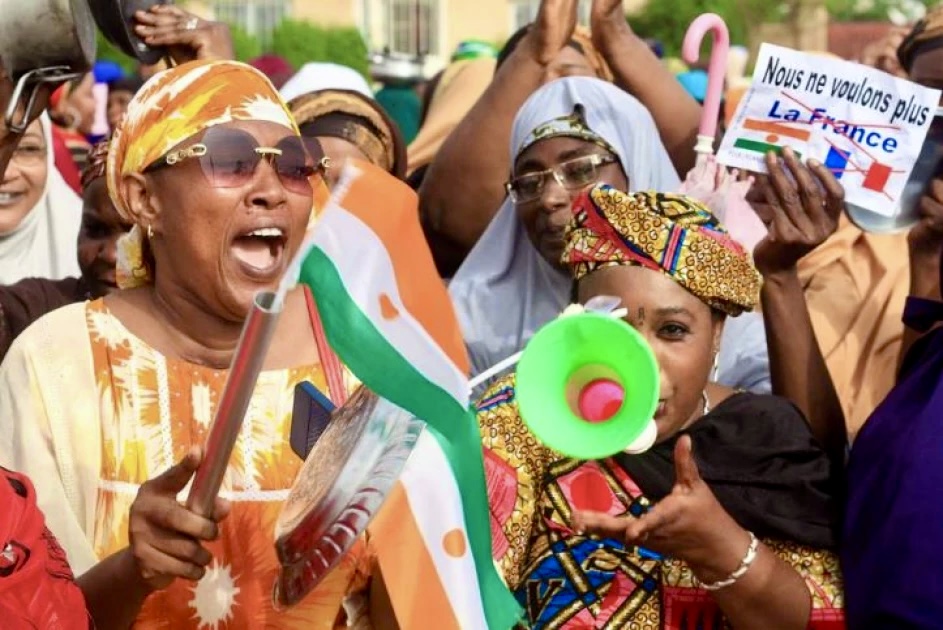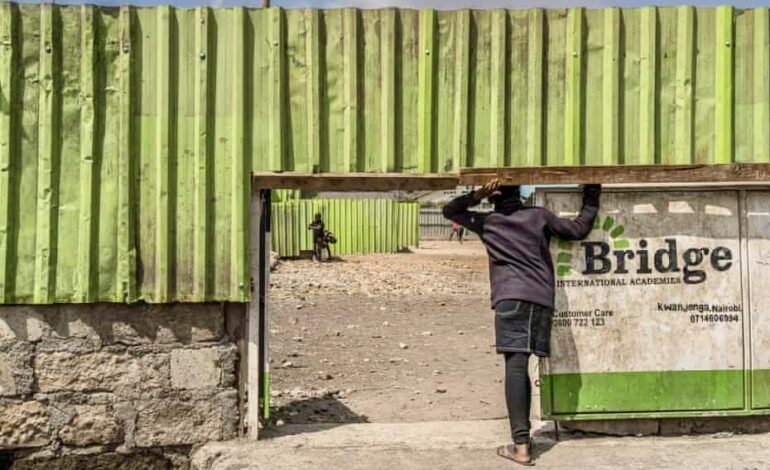
Faith Nyasuguta
A Russian delegation, headed by Deputy Minister of Defense Colonel-General Yunus-Bek Yevkurov, has arrived in Niger’s capital, Niamey, for discussions with military authorities following the coup in Niger at the end of July.
This visit marks the first official engagement by a Russian government representative since the coup that disrupted Niger’s diplomatic relations with international partners.
The delegation met with General Abdourahamane Tiani, the leader of the Nigerien military regime, and both parties signed documents aimed at strengthening military cooperation between Niger and the Russian Federation.
Russia’s diplomatic presence in Niger appears to be gaining traction at a time when France, a former ally of the ousted regime, faces criticism from the new authorities.
The Nigerien leadership has severed military cooperation agreements with France and mandated the withdrawal of its 1,500 soldiers, who were deployed to counter jihadist violence in the country.
In July, Niger Republic suspended the export of uranium and gold to France with immediate effect. This came even as protesters in Niger burnt a French flag and shouted “Down with France!” as they supported the coup, according to witnesses.
“We have uranium, diamonds, gold, oil, and we live like slaves? We don’t need the French to keep us safe, ” one said.

Prior to their visit to Niger, the Russian delegation traveled to Bamako, Mali, a key ally in the region also governed by a military regime. Discussions in Mali centered on development projects, including renewable and nuclear energy initiatives.
Alousséni Sanou, Mali’s Minister of Economy and Finance, outlined plans for projects related to renewable energy, nuclear energy, fertilizer supply, wheat, petroleum products, railway construction, tram networks, a regional airline, and research and mining initiatives.
Notably, Mali, Niger, and Burkina Faso, countries severely affected by jihadist violence, and currently having strained relations with France, recently formed the Alliance of Sahel States.
This alliance reflects a regional shift in geopolitical dynamics. Additionally, Burkina Faso and Niger announced their departure from the G5 Sahel, an anti-jihadist organization favored by Western partners, following in the footsteps of Mali in 2022.
The visit of the Russian delegation underscores the evolving diplomatic landscape in the Sahel region, with Russia positioning itself strategically while traditional alliances undergo significant transformations.
RELATED:




